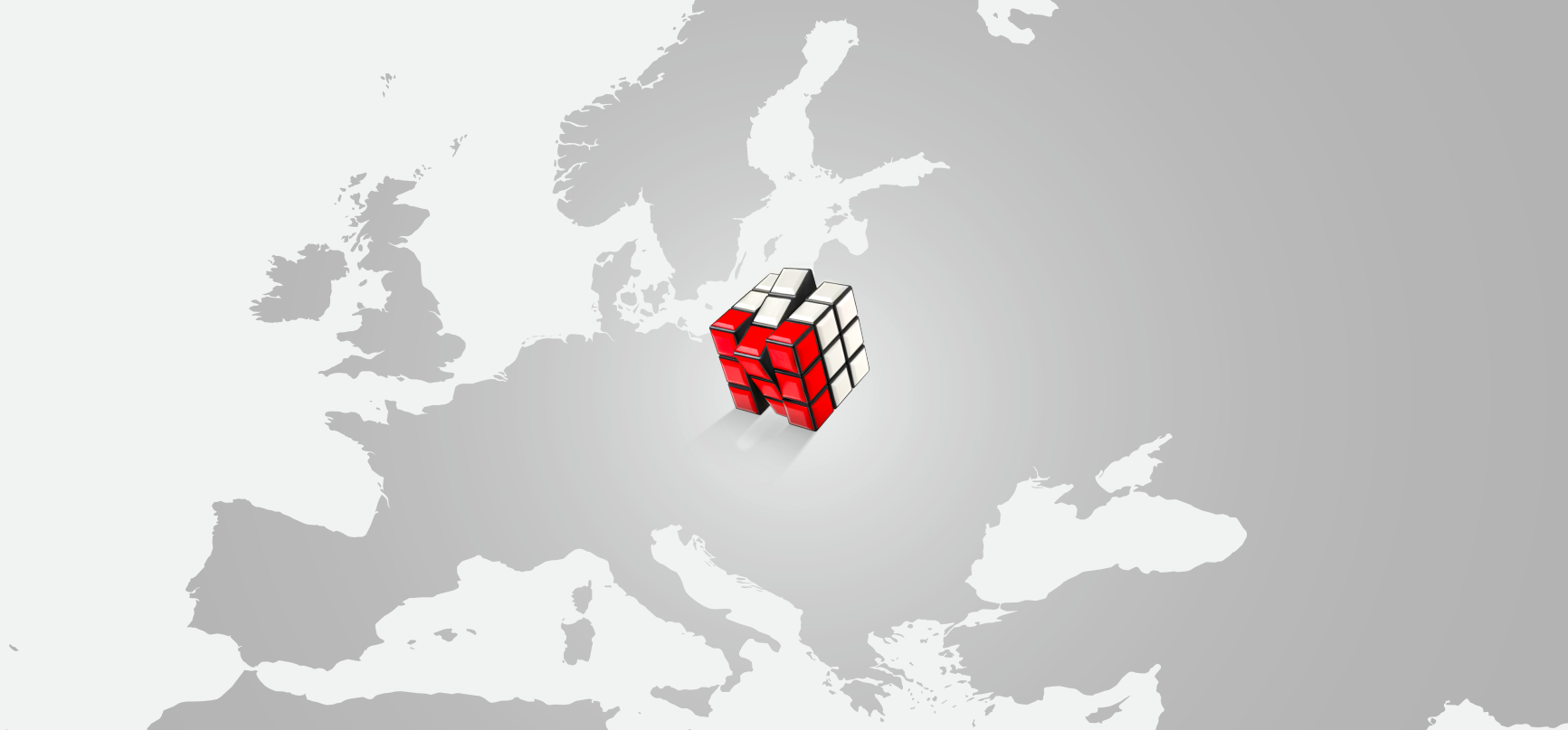
The Social Contract Incubator—known as IUS, the abbreviation of our Polish name Inkubator Umowy Społecznej—was created
to answer a pressing question: can democracy endure when a nation is bitterly divided?
Poland in the mid-2010s was consumed by what many called the “Polish–Polish war.” Some feared that the ruling Law and Justice party (PiS) was steering the country toward authoritarianism; others dismissed such concerns as partisan exaggeration. Yet across the divide one truth resonated: the conflict itself was weakening the country at a dangerous historical moment. That realization brought together more than 130 intellectuals from the left, center, and right. Each kept their ideological identity, but all agreed to seek something larger than daily disputes: institutions strong enough to contain disagreement. Prof. Arkadiusz Radwan, one of our conservative colleagues, gave us the phrase that became our motto: “Agreed, we are different” [Pol. Zgoda. Jesteśmy różni.].
Our first major intervention came during the 2019 election campaign. That year, we unveiled the Model Voivodeship Charter —the first concrete legislative proposal of our movement. Inspired by the spirit of the Federalist Papers, we chose not to publish a single white paper but to present our ideas in dozens of press articles written by IUS members from across the political spectrum. This mosaic of voices made our case for decentralization vivid and pluralistic.
Meanwhile, our president, Prof. Anna Wojciuk, quite literally took the proposal on the road. Driving across Poland, she visited all sixteen regions, meeting with local government officials, civic leaders, and other regional elites. The response was overwhelmingly enthusiastic: outside the partisan noise of Warsaw, many saw in the Model Charter a real chance to give their communities stronger representation and greater autonomy.
After the pandemic pause, we regrouped and began work on a book that would clearly and accessibly outline our proposal. The result was Let’s Agree on Poland (Znak, 2023). To the surprise of many, it quickly became a bestseller, hailed in Polityka — Poland’s leading opinion weekly — as “the most important book on Polish politics since 1989.” For the first time, the public could see a comprehensive but approachable vision of reform—one that balanced regional autonomy with national cohesion.
This time, the reception was markedly different. The Russian invasion of Ukraine underscored the dangers of internal division. Opposition leaders, including Donald Tusk, embraced reconciliation as a political goal. Instead of attacks, we received cautious interest and even tacit support from both left and right. For the first time, the possibility of a constitutional settlement felt real.
One defining feature of IUS is its volunteer spirit. The intellectual work underpinning the project has been carried out almost entirely on a pro bono basis. Our leadership serves without remuneration. The co-authors of Let’s Agree on Poland waived their royalties from both the Polish and international editions, donating the proceeds to sustain the movement. Scholars, experts, and practitioners contribute their time freely, ensuring that the limited resources we raise can be devoted to outreach, events, and dialogue rather than overhead.
This lean but ambitious model has allowed us to attract world-class voices to our conferences and discussions without the need for costly honoraria. More importantly, it reflects the civic principle at the core of IUS: that strengthening democracy is a responsibility we share, not a service to be purchased.
What began as a circle of 130 intellectuals has grown into a broader movement with international reach. In September 2025, Oxford University Press released a widely expanded English edition of Let’s Agree on Poland. The book inspired us to launch #LetsAgree, an international discussion tour on the institutional future of democracy, chaired by Dr. Magdalena M. Baran.
Our story has never been about erasing differences. It is about building institutions strong enough to contain them. In Poland—and, we hope, in other democracies grappling with division—the conviction that drives us remains simple:
Democracy must be strong enough to hold our differences.